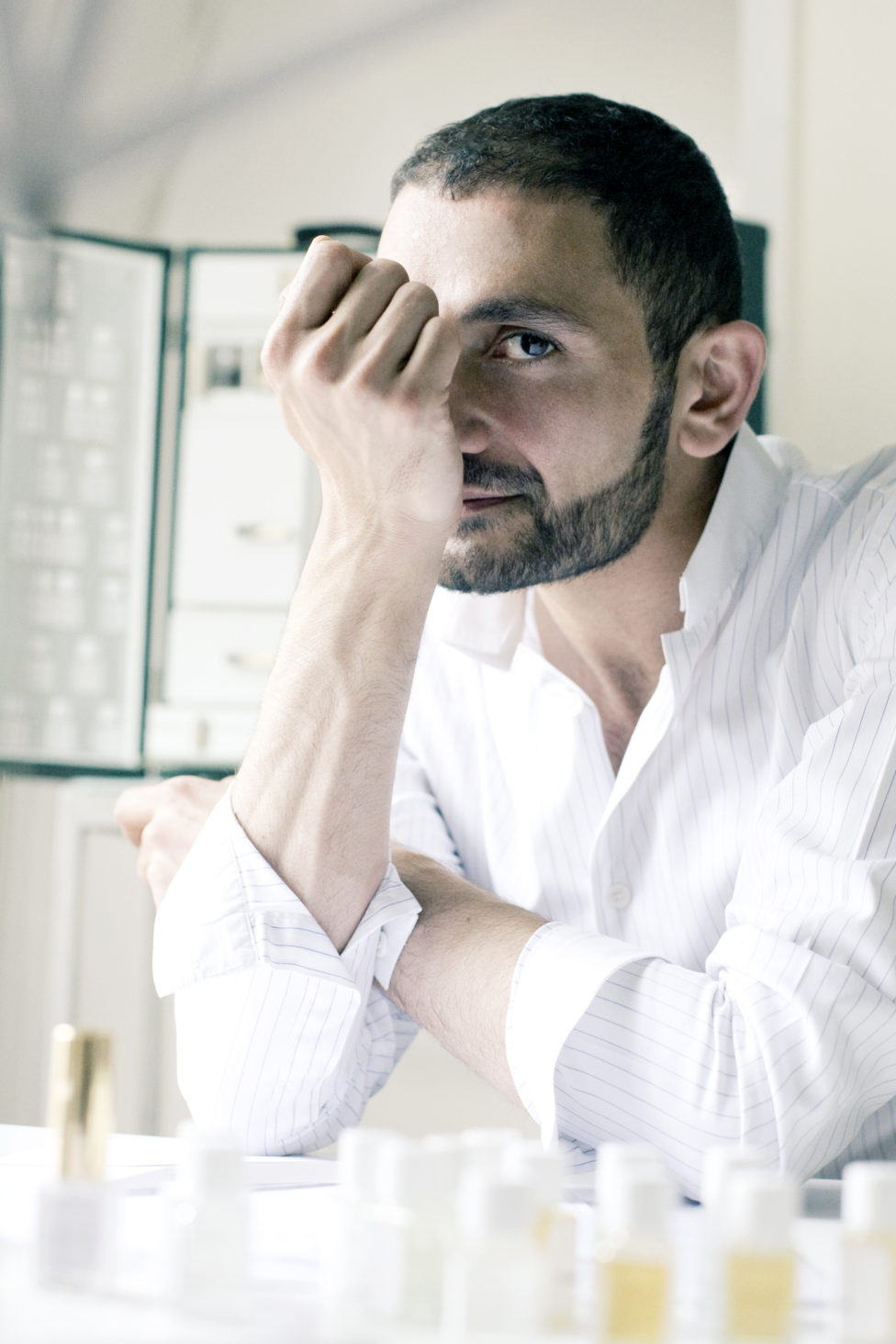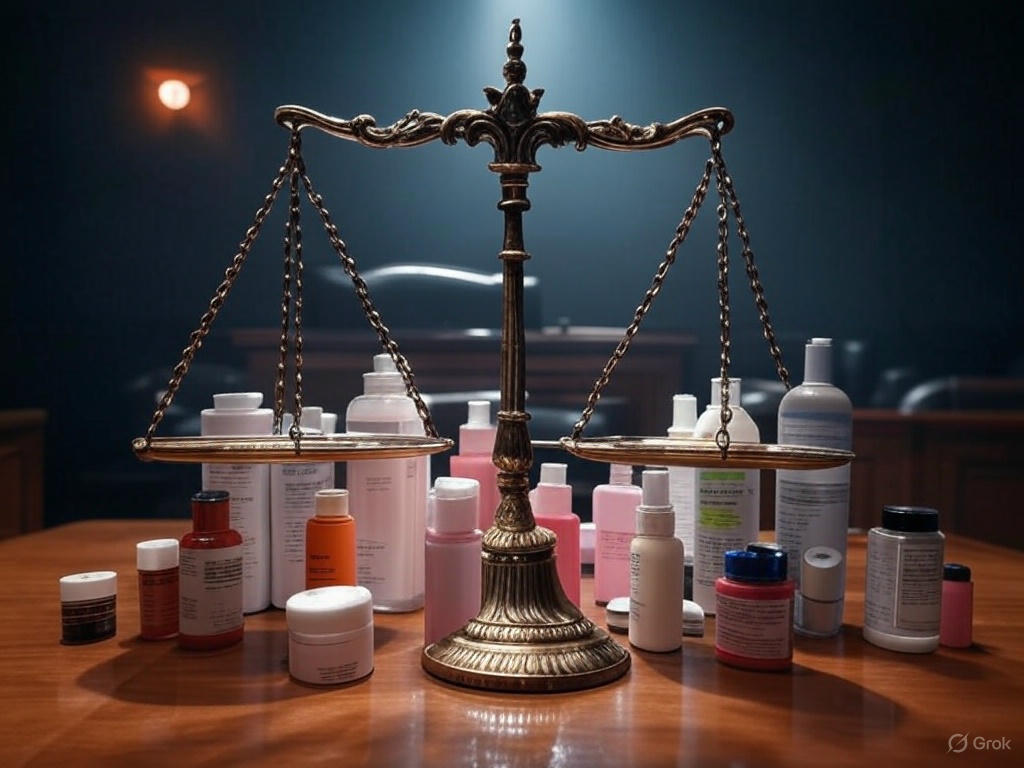The Truth About Fragrance Dupes: Are You Really Getting a Perfumer’s Best Work?

In the beauty industry, imitation isn’t just flattery—it’s big business. From designer-inspired fashion to lookalike handbags, the concept of "dupes" has been widely accepted. But when it comes to perfume, the conversation becomes more complex. Francis Kurkdjian, one of the most renowned perfumers in the world, recently addressed the issue of fragrance duplication on the Fat Mascara podcast, expressing his disdain for the practice and questioning why intellectual property protections exist for luxury handbags but not for fragrance compositions.
This raises an important question: Are consumers really getting a perfumer’s best work when they buy a dupe?
What Are Fragrance Dupes?
Fragrance dupes are perfumes created to mimic the scent profile of high-end or niche fragrances at a fraction of the cost. Entire brands and retailers are dedicated to producing these imitations, promising consumers a "luxury scent" without the luxury price tag. But while these dupes may resemble the original at first spritz, the quality, longevity, and artistry behind them often fall short.
Do Perfumers Hold Back Their Best Work?
One of the greatest challenges facing the fragrance industry today is the lack of intellectual property protections for perfume formulations. While a luxury handbag design can be legally protected, the same does not apply to scent compositions, leaving perfumers vulnerable to having their creations copied and resold without consent. This lack of safeguards leads many perfumers to wonder-Why put forward their most groundbreaking work if it can be easily replicated?
As a result, some perfumers reserve their most complex and innovative formulas for exclusive clients or private blends, ensuring their artistry remains intact rather than diluted by mass duplication. This means that while fragrance dupes may capture the idea of a scent, they will never deliver the full experience of a perfumer’s craftsmanship.
What Protections Do Perfumers Have?
Unfortunately, the fragrance industry operates in a gray area when it comes to protecting scent compositions. While packaging, branding, and even bottle designs can be trademarked, the actual formula of a perfume cannot be patented in a way that prevents duplication. This has allowed a surge of dupe brands to flood the market, capitalizing on the artistry of others without contributing to the innovation of the industry.
Perfumers and fragrance houses continue to push for greater recognition of scent as intellectual property, but until laws catch up, consumers must be educated on the value of authenticity.
Are Consumers Really Getting a Better Deal?
While fragrance dupes may seem like a budget-friendly alternative, they often come at a cost:
-
Lower quality ingredients – Many dupes use synthetic substitutes that lack depth and longevity.
-
Shorter wear time – Designer fragrances are crafted with high-quality fixatives, while dupes tend to fade quickly.
-
No brand integrity – Original fragrances come with a story, craftsmanship, and years of research. Dupes are simply copies.
When you purchase an authentic perfume, you're not just buying a scent—you're investing in an experience, a story, and the decades of expertise that went into crafting it.
If you want to dive deeper into navigating authentic fragrances versus dupes, check out our blog here: A Guide to Navigating Authentic Designer Fragrances from Dupes.
Final Thoughts: Is Duplication an Insult?
For perfumers like Francis Kurkdjian, duplication is more than just a business issue—it’s a creative insult. Fragrance is an art form, and like any masterpiece, it deserves to be protected and respected.
So the next time you reach for a dupe, ask yourself, are you experiencing a perfumer’s true vision, or just a watered-down imitation?



